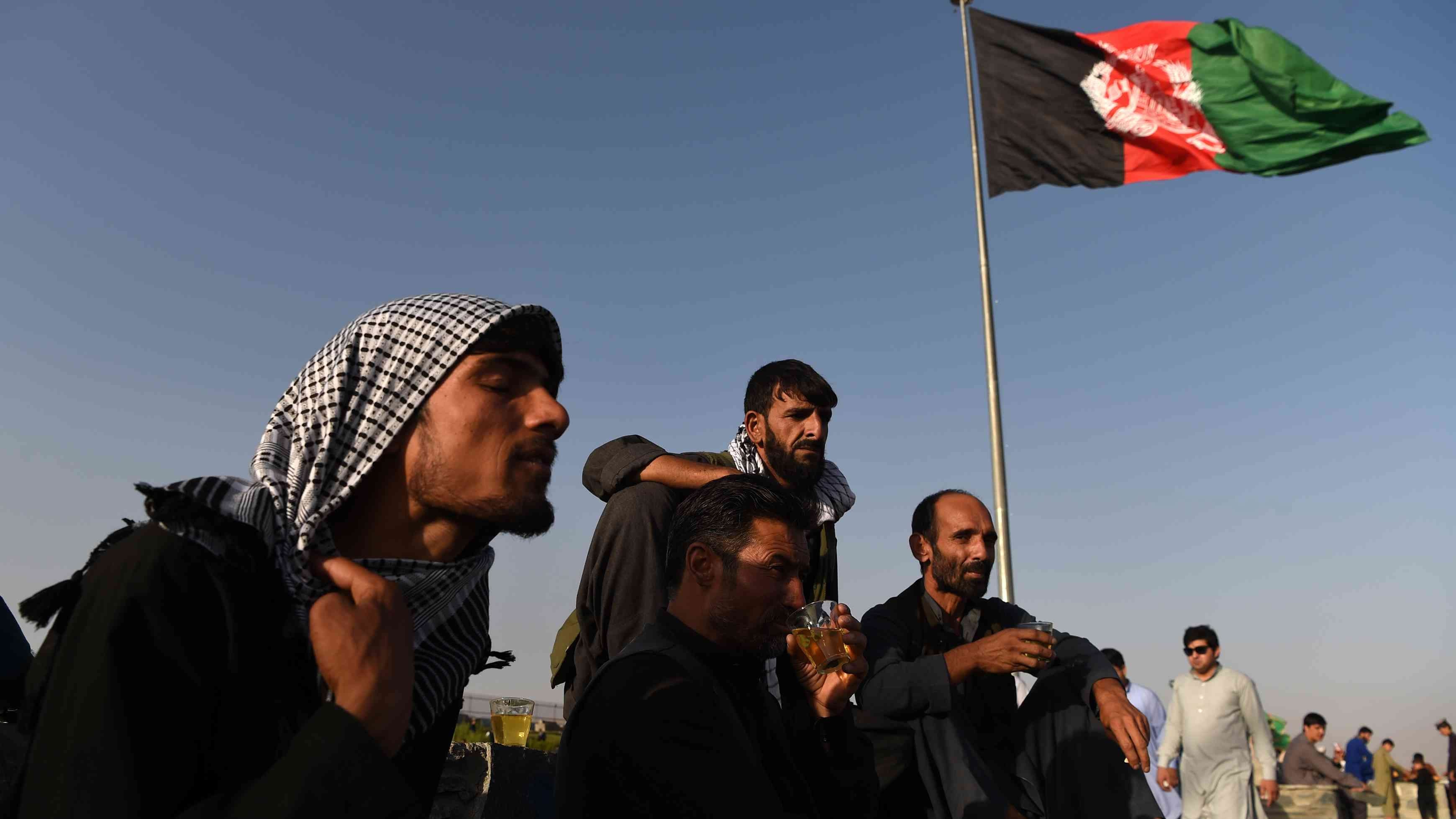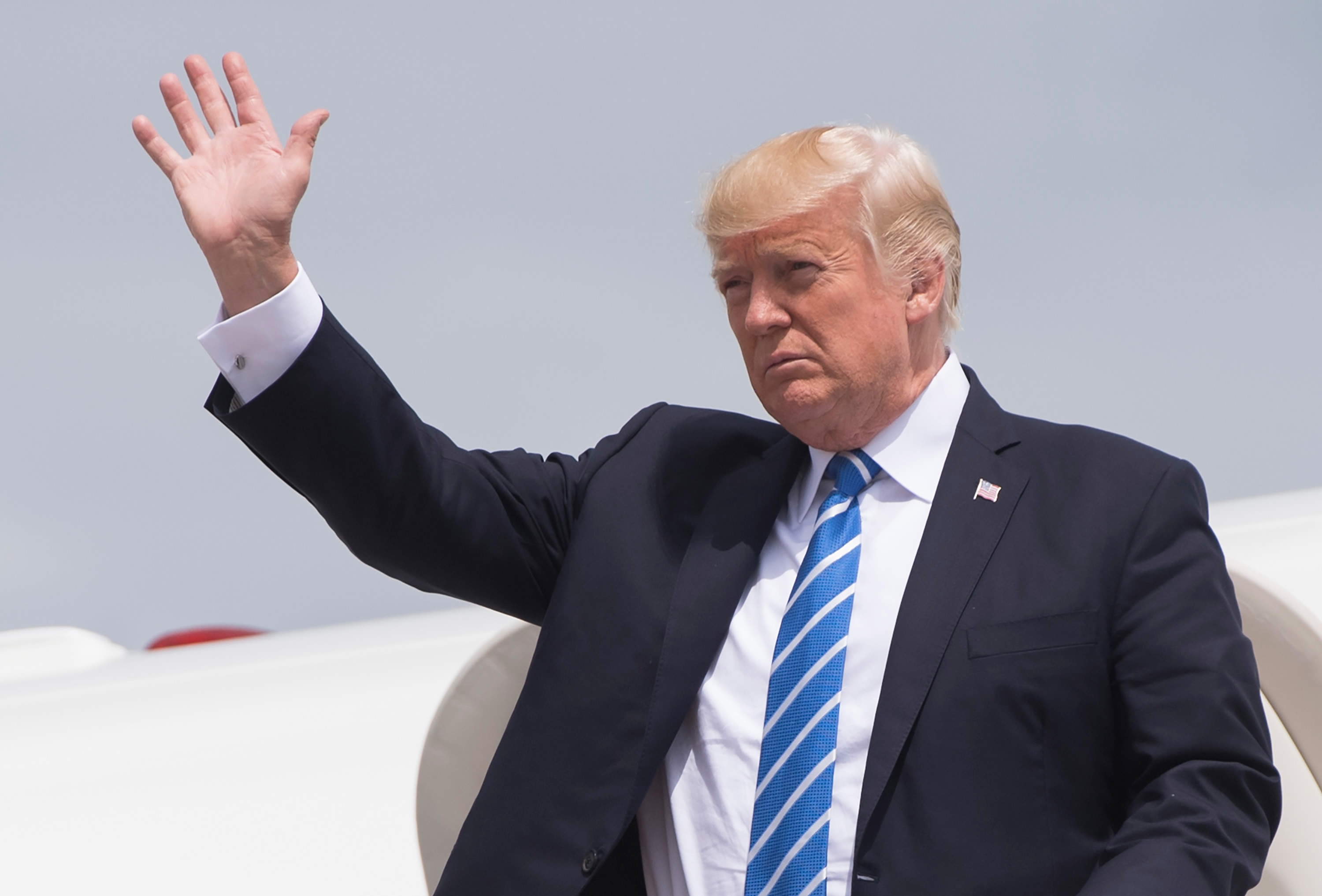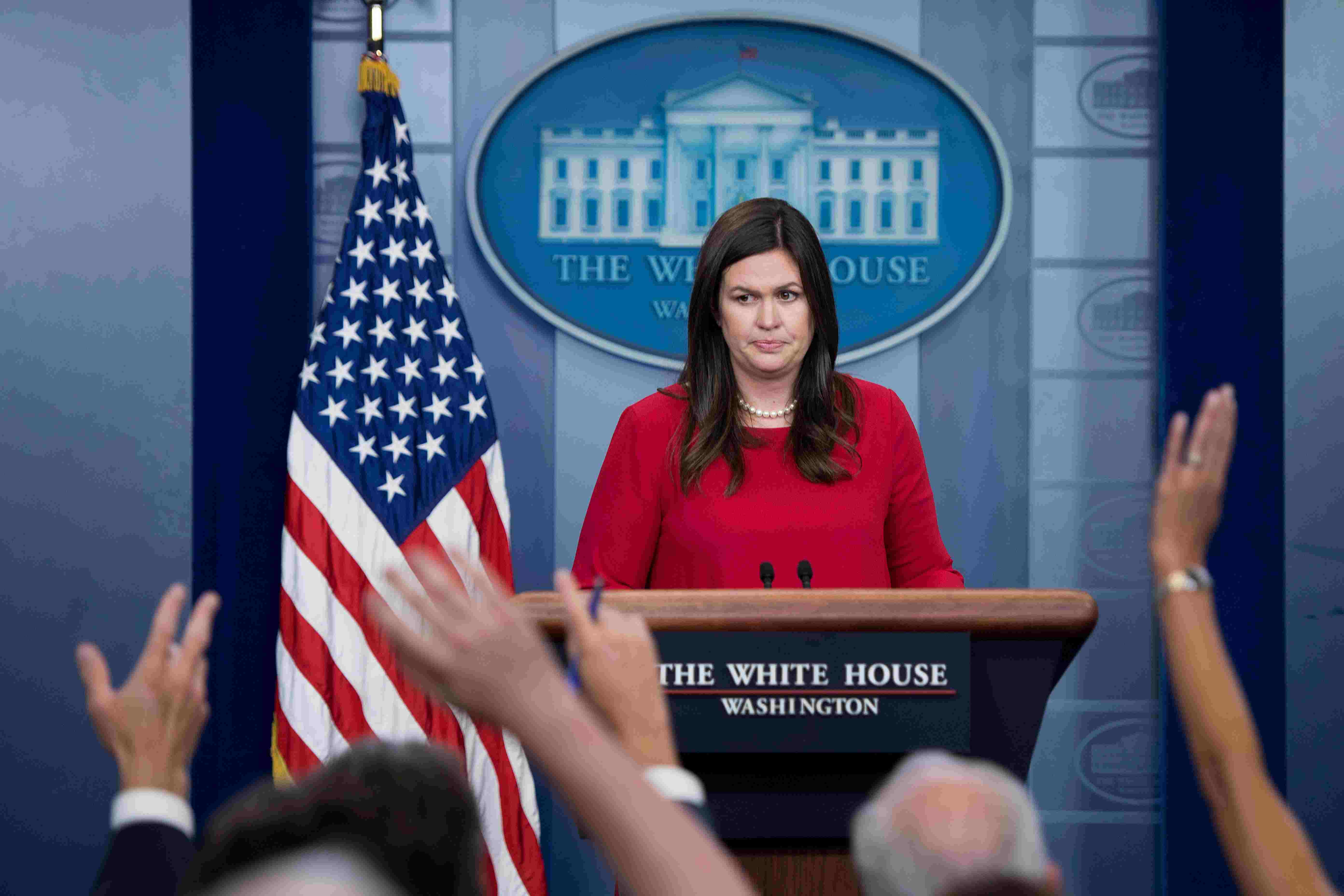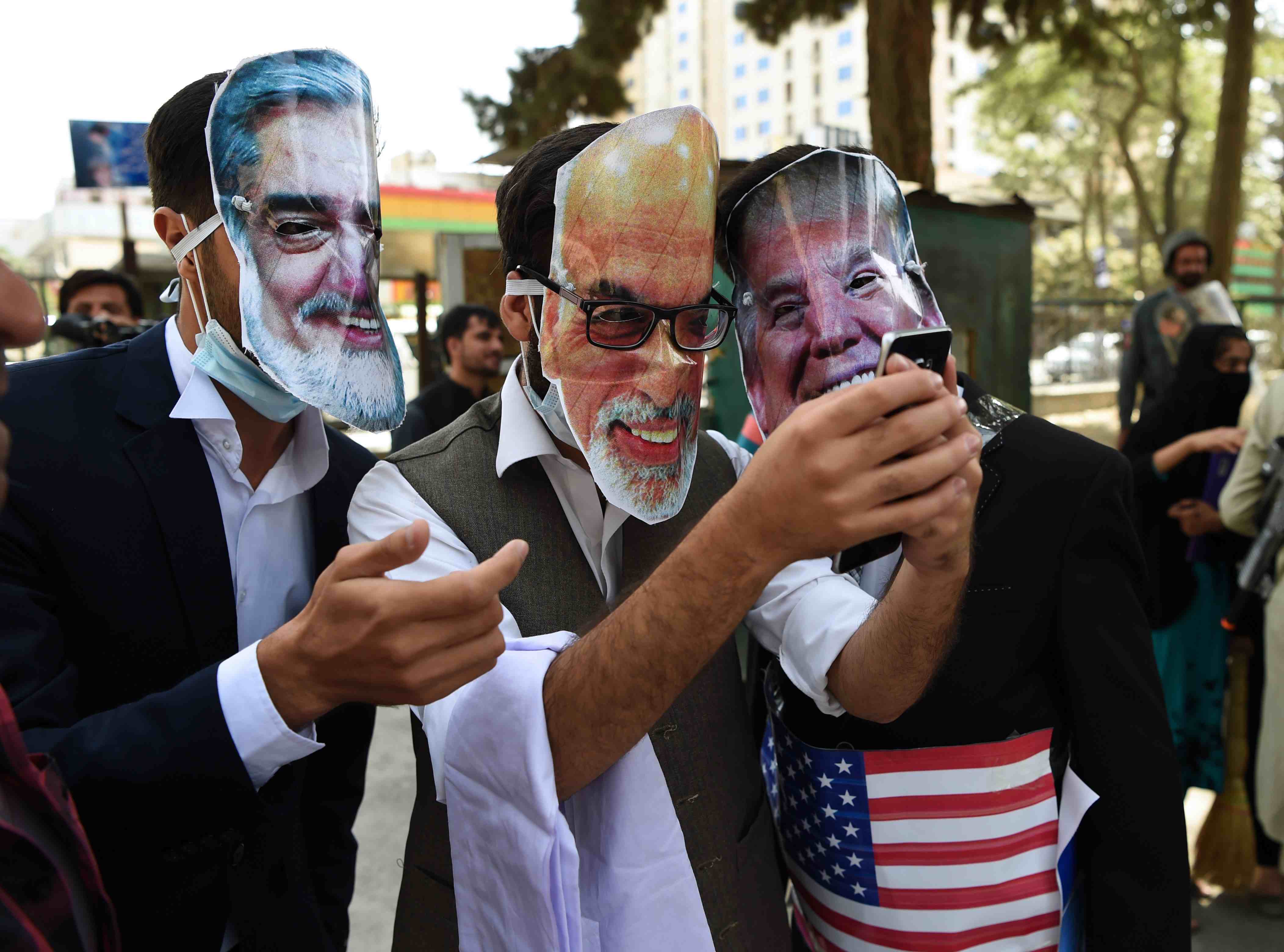
Politics
12:47, 19-Aug-2017
Trump makes no decision on Afghanistan strategy
CGTN

US President Donald Trump reviewed an array of options for a strategy on Afghanistan with his top national security aides, but made no decision on whether he would commit more troops to America's longest war.
Friday's meeting was the latest in a series of high-level discussions on Afghanistan and a broader security strategy for the South Asia region that has been bogged down by internal differences.

US President Donald Trump disembarks from Air Force One upon arrival at Hagerstown Regional Airport in Hagerstown, Maryland, August 18, 2017. /AFP Photo
US President Donald Trump disembarks from Air Force One upon arrival at Hagerstown Regional Airport in Hagerstown, Maryland, August 18, 2017. /AFP Photo
Trump was briefed extensively "on a new strategy to protect America's interests in South Asia," White House Press Secretary Sarah Sanders told reporters, after the meeting at the Camp David Maryland retreat.
"The president is studying and considering his options and will make an announcement to the American people, to our allies and partners, and to the world at the appropriate time," Sanders said.

White House Press Secretary Sarah Huckabee Sanders takes questions during the daily briefing at the White House in Washington, DC, on August 2, 2017. /AFP Photo
White House Press Secretary Sarah Huckabee Sanders takes questions during the daily briefing at the White House in Washington, DC, on August 2, 2017. /AFP Photo
National security adviser H.R. McMaster and other top national security officials went into the meeting backing a modest increase in troops. At a mid-July meeting, they had thrown their weight behind 3,000 to 5,000 additional US and coalition soldiers.
“Anti-globalists,” who were led by Steve Bannon before he was fired on Friday as Trump's chief strategist, backed withdrawing US forces, US officials said.
Other options which were to be discussed included keeping the status quo of some 8,400 US troops, a modest hike, or a small reduction that would focus on counter-terrorism operations enhanced by drone strikes and intelligence-gathering, they said.

Afghan Solidarity members wearing masks of Afghan Chief Executive Abdullah Abdullah (L) and US President Trump (R) and Afghan President Ashraf Ghani (C) stage a protest against the Afghan government and Taliban militants in Kabul on Agust 11, 2017. /AFP Photo
Afghan Solidarity members wearing masks of Afghan Chief Executive Abdullah Abdullah (L) and US President Trump (R) and Afghan President Ashraf Ghani (C) stage a protest against the Afghan government and Taliban militants in Kabul on Agust 11, 2017. /AFP Photo
A US official said that during a trip to Afghanistan earlier this year, Defense Secretary Jim Mattis told Afghan President Ashraf Ghani that the United States would have a sustained commitment to Afghanistan.
More than 15 years since the United States invaded Afghanistan and toppled the Islamist Taliban government for giving al Qaeda a sanctuary where it plotted the September 11, 2001, attacks, there is no sign to an end in fighting.
US intelligence agencies assessed in May that the conditions in Afghanistan will almost certainly deteriorate through next year, even with a modest increase in military assistance from America and its allies.
Senator Lindsey Graham, a senior Republican and advocate of a stronger US role in Afghanistan, urged Trump in a statement to "listen to his generals. At the end of the day, Afghanistan is about American homeland security - not building empires."
Source(s): Reuters

SITEMAP
Copyright © 2018 CGTN. Beijing ICP prepared NO.16065310-3
Copyright © 2018 CGTN. Beijing ICP prepared NO.16065310-3